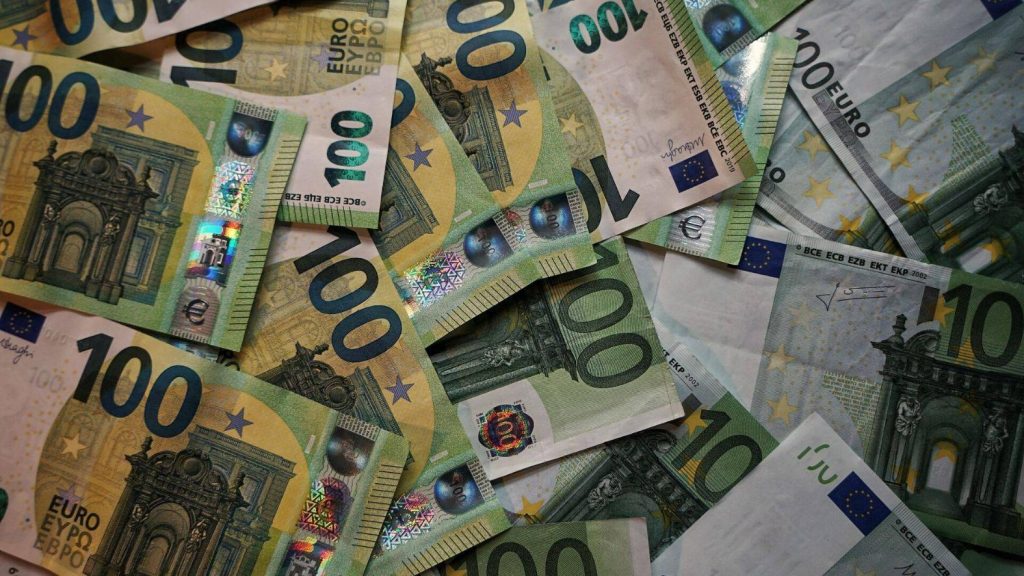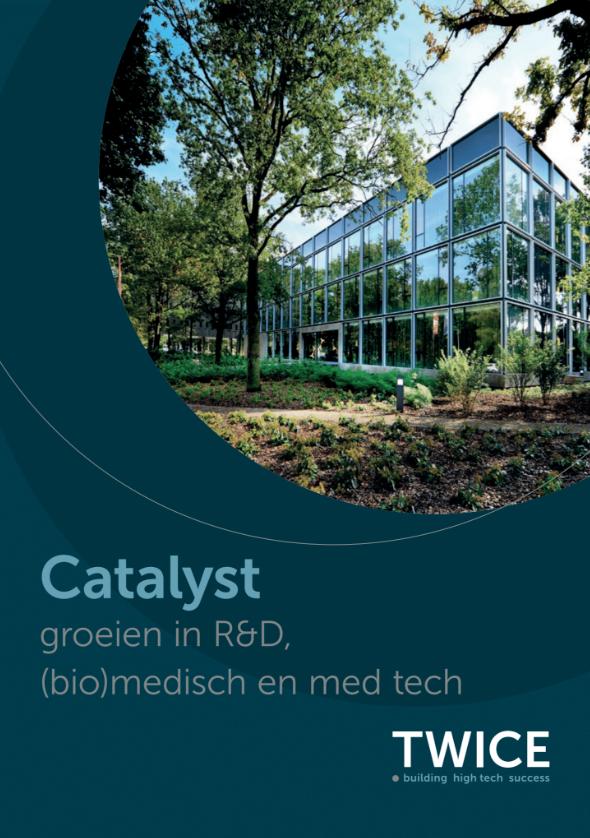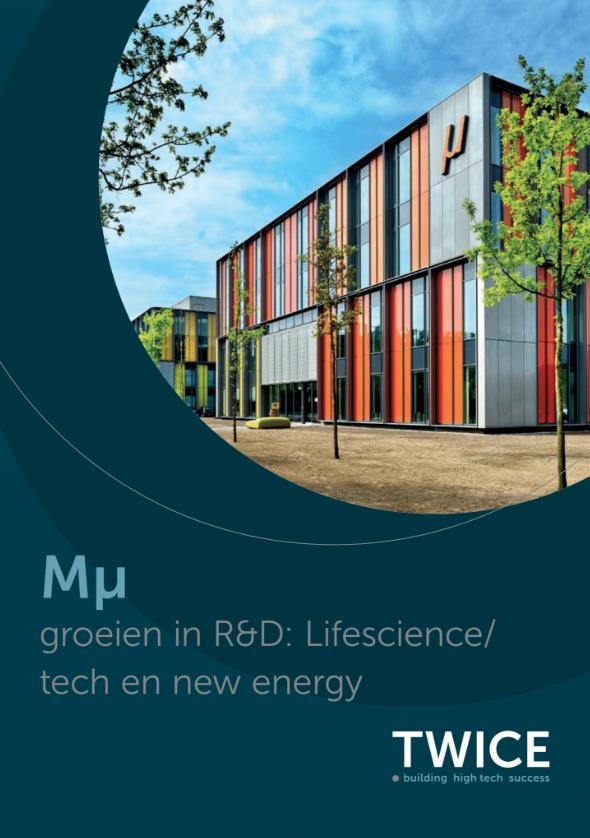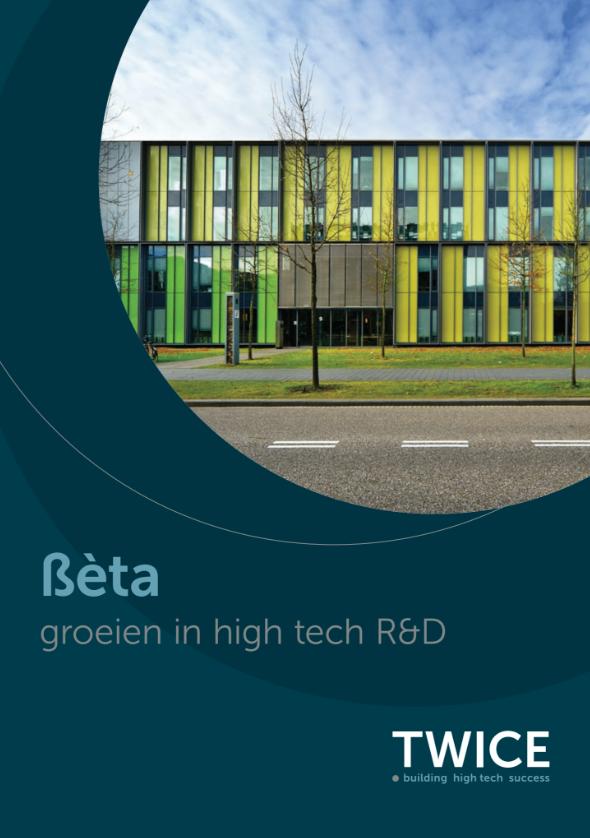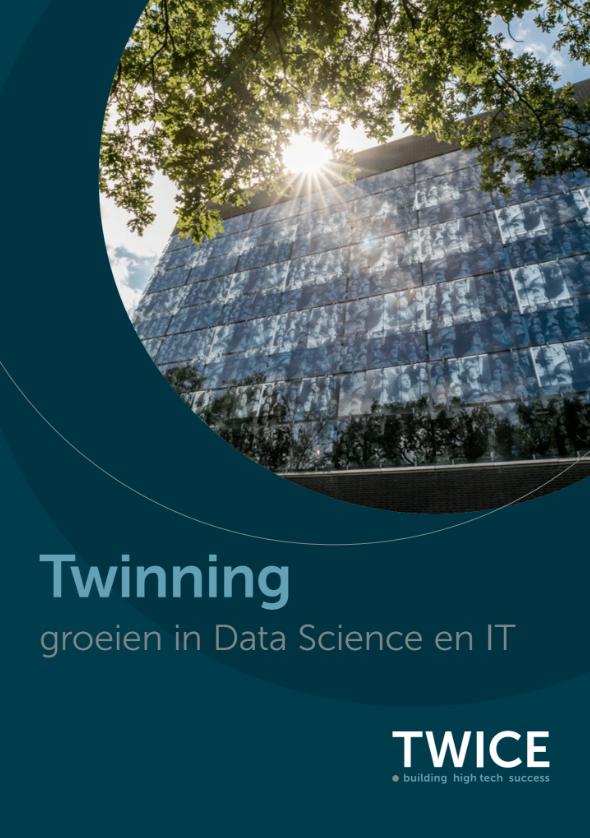Gisteren 16 september, was het weer zover: Prinsjesdag! Ditmaal zonder gouden koets en in een andere setting door de bijzondere corona omstandigheden maar zoals elk jaar wel met financieel nieuws voor komend jaar. Wat gaat de impact zijn op de financien voor ondernemers?
In het Financieel Dagblad lezen we een mooie samenvatting terug van de veranderingen voor 2021. Multinationals, grote bedrijven die niet investeren, vermogenden en zelfstandigen worden de komende jaren zwaarder aangeslagen door de fiscus. Maar starters en mensen met een vaste baan kunnen rekenen op belastingvoordeel!
Minister van Financiën Wopke Hoekstra presenteerde gisteren zijn ‘robuuste begroting’ voor komend jaar. Komend jaar verwacht het kabinet een begrotingstekort van ruim €43 mrd, tegen €56 mrd dit jaar. De maatregelen met impact voor jou als ondernemer in een overzicht op een rij:
Box 3
Verhoging van de vrijstelling in box 3 (vermogen) tot €50.000 (€100.000 voor fiscale partners) betekent dat ‘bijna een miljoen’ van de drie miljoen mensen die nu nog vermogensrendementsheffing betalen, dat volgend jaar niet meer hoeven te doen. Dat kost €220 mln, waarvan de helft wordt gedekt uit verhoging van het tarief, voor de overgebleven twee miljoen vermogenden, van 30% naar 31%.
Zelfstandigenaftrek
De zelfstandigenaftrek wordt verder afgebouwd naar €3240 in 2036, waar eerder nog op €5000 in 2028 werd gekoerst.
Arbeidskorting
Tegenover de afbouw van de zelfstandigenaftrek staat een verhoging van de arbeidskorting. De zzp’er moet er daardoor voorlopig per saldo niet op achteruitgaan, terwijl werkenden met een vaste baan er meer van profiteren. De heffingskorting wordt extra verhoogd en het lage belastingtarief gaat omlaag naar 37,1%.
Koopkracht
De koopkracht neemt gemiddeld ondanks de crisis nog toe, met 0,9%. Het kabinet houdt rekening met de eerste stelselmatige pensioenkortingen volgend jaar. Gepensioneerde ambtenaren en zorgmedewerkers raken daardoor gemiddeld 1 procentpunt koopkracht kwijt. Verhoging van de ouderenaftrek en de generieke belastingmaatregelen bieden daarvoor enige compensatie.
Investeringsaftrek
Het kabinet wil gerichte investeringen uitlokken met een nieuwe belastingaftrek, waarvoor de komende twee jaar €4 mrd beschikbaar is. Het plan, bedacht door werkgeverslobby VNO-NCW, wordt door bedrijven zelf betaald omdat de beloofde verlaging van het hoge tarief voor de vennootschapsbelasting niet doorgaat.
Lagere winsbelasting mkb
Verlaging van het lage tarief in de vennootschapsbelasting van 16,5% naar 15% gaat nog wel door. Het belaste winstplafond gaat omhoog naar €245.000 volgend jaar en €395.000 in 2022. Dat betekent in 2021 €1,3 mrd lastenverlichting voor kleine bedrijven met weinig winst en in 2022 bijna €2 mrd.
Vermogensaftrek
Verder houdt staatssecretaris van Financiën Hans Vijlbrief vast aan zijn voornemen eigen vermogen in de bedrijfsfinanciering goedkoper te maken ten opzichte van vreemd vermogen. De D66’er mikt nu op een vermogensaftrek, mogelijk gecombineerd met een aangescherpte beperking van de renteaftrek.
CO₂-heffing
Grote bedrijven krijgen te maken met een CO₂-heffing. Bedrijven die niet energie-efficiënt produceren, moeten voor de uitstoot van dit broeikasgas gaan betalen. De nieuwe belasting loopt, zoals het er nu naar uitziet, op tot €125 per ton te veel uitgestoten CO₂ in 2030. De heffing grijpt pas echt aan in 2024.
Baangerelateerde investeringskorting
Details van de nieuwe ‘baangerelateerde investeringskorting (BIK)’ worden nog uitgewerkt. Maar bedrijven die investeren kunnen hun fiscale aftrek verrekenen via de loonheffing. Dat stimuleert de werkgelegenheid in Nederland.
